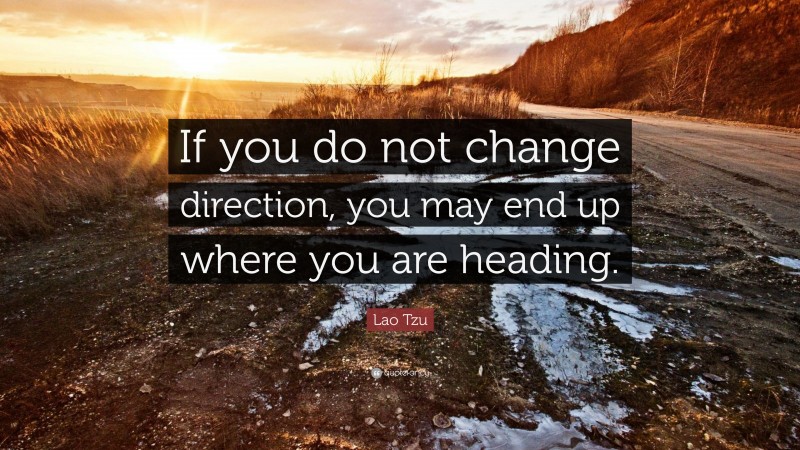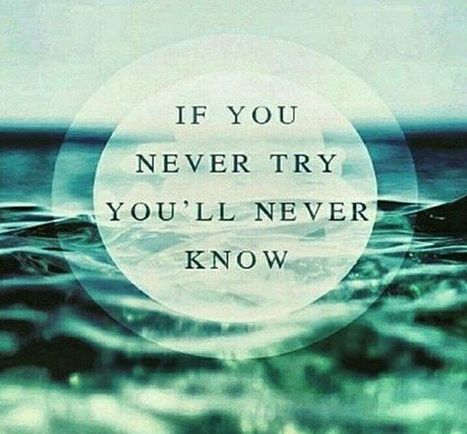There’s a Dutch saying that goes as follows: “De mens lijdt het meest van het lijden dat hij vreest”. It translates to “Humans suffer most from the suffering they fear”. I believe it rings true in so many situations.
Coming back to being pushed out of that comfort zone and fear being my first emotion (apologies, it’s been a while, but have a read here to refresh your memories); How do I overcome it?
I think we can establish that being pushed out of our comfort zone causes change. I’ve realised my response to various types of change is different, depending on what it is and how I believe it affects me or people around me:
I might be very excited about a change and my hands will be itching to get on with it. That’s probably the best place for me to be. I usually have a good idea of how I’m going to deal with that change and what the benefits of it are for everyone involved. I’ll be positive, proactive and get other people excited about the change too. I kind of consider it to be my “zone of excellence”, my “happy place”. It’s where I usually thrive.
I might not be too excited, but the change is not a threat to me. In that case, I might be able to be a little Teflon about it. I won’t be phased. I might consider it being a bit of a discomfort, but I’ll quite quickly be able to “find the comfort in discomfort” (I found this to be a phrase used by yoga teachers. Usually mentioned when you’re in a pretzel-like bend wondering how you are going to survive for “5 more breaths”).
And then there are the changes that make me worry. The ones I didn’t see coming. The ones that impact me personally and at first glance not in a good way. The ones that might affect others and I worry for them. The ones I feel I have no control over. The ones that keep me up at night. The ones that are probably most important to learn to deal with. I’m not pretending to have the answer. I’m just sharing what works for me.
How often do we find ourselves being worked up over something because we’ve played out everything that could potentially go wrong in our heads over and over. In essence: it could go either way, but it won’t help worrying about the things you can’t change.
I’m quite an extroverted person on many levels, and it helps me to talk things through with people I trust. Partially just to download what’s on my mind which might give me some perspective just by saying it out loud. But also, to get someone else’s perspective. Am I overreacting? What would they do in this situation?
Once I’ve gone through that (sometimes takes me a quick 5-minute chat with my mum, sometimes takes me 10 different conversations with various friends and colleagues) I’ll establish what the things are I can influence, and what my attitude is going to be about the things I can’t influence…
What are the things that are going to happen for a fact and what are the things I think might potentially happen that make me worried? How likely is it they will happen? If they do, what does it actually mean? Can I get to grips with those outcomes?
I might read some books on the topic, see if I can get any takeaways from those. I might see if I can do some training on the topic that keeps my mind occupied.
And then I’ll try and put things into perspective. If I look back on the issue in 3, 6 or 12 months: will it have been worth all the stress? If the answer is yes: Deal with it. If the answer is no: try to let it go or move on.
Sounds pretty straight forward and easy if I put it down like that. I appreciate it won’t be in real life. I also appreciate that if you’re in a calm phase of your life it’s much easier to be sensible about things when there is not too much going on compared to when you’re in the thick of it.
I figured it’s probably a good shout to write it down now, so I can look back and apply as and when I do need it 😊
Quick summary of what I usually revert to:
- Talking to someone. Check my sanity, find a sounding board, a safe space to vent;
- Seek advice;
- Read up on the topic (books and workshops);
- Try and put the situation in to context
- Am I suffering mostly from the fear of what might happen, or is the fear justified?
- Decide if the situation worth the fear and the stress Yes: Suck it up and find the comfort in discomfort No: Deal with it and make necessary changes
How do you deal with changes that scare you or make you feel uncomfortable?
Ps. The quote in the picture was used in the novel “Atlas, the story of pa Salt” and it stuck with me. Did a bit of digging, and it goes all the way back to Lao Tzu (Or Laozi, 500 BCE), a Chinese philosopher who is considered to be the founder of Taoism. I thought it was a good reminder that you can choose to change your approach if you don’t like the potential outcome of where things are going in your life. Or, you can choose to stay on the same path, if that’s the direction you want to end up in!
Book recommendation: Feel the fear and do it anyway; Susan Jeffers





